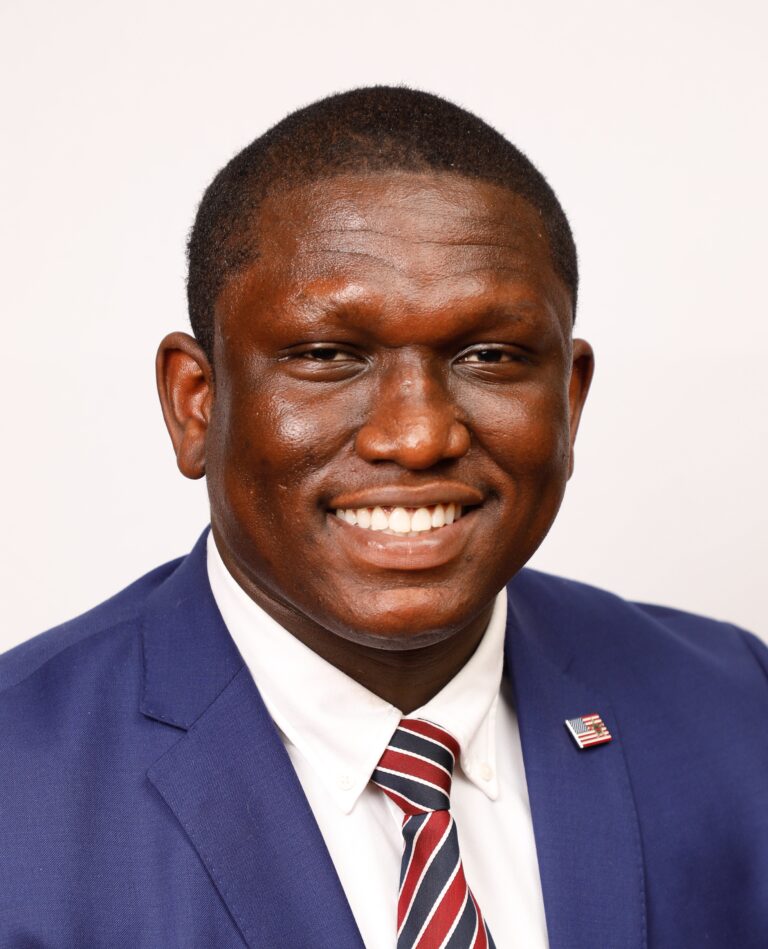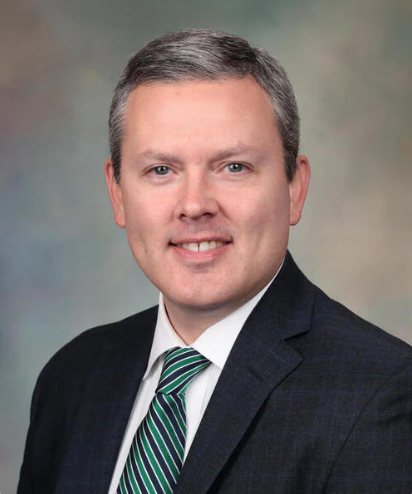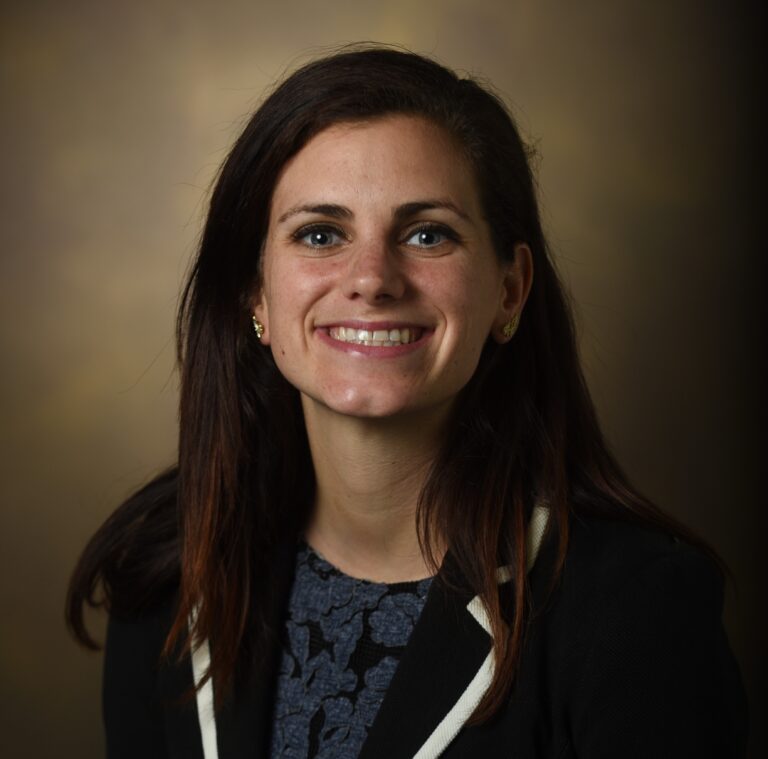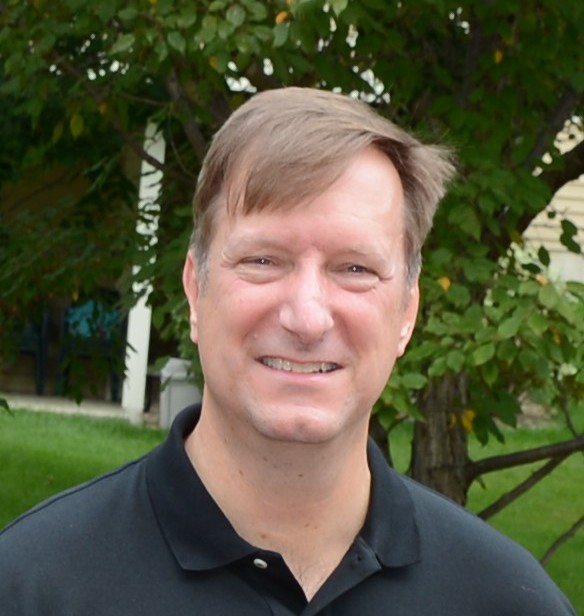New Diplomate Overcomes Delays to Reach Certification
Anyone who was on track to take an ABR exam in 2020 had an unwelcomed schedule change coming.
The COVID-19 pandemic wiped out all but a few exams that year, pushing candidates back to 2021, when the remote platform developed in-house by the ABR was introduced. One of the physicians who saw his plans impacted was Gaurav Gadodia, MD.

Dr. Gadodia knew that preserving global health was bigger than his path to certification. Still, having to delay his plans while the ABR developed safe and effective ways to deliver exams was understandably challenging. The first remote exams were delivered as pilots in January 2021.
“To put it in perspective, (the pandemic was) obviously way more important,” he said. “I was worried about my family’s safety at the same time I was studying, worrying about my patients’ safety, doing all that and wondering if I could pass a hard exam.”
He was part of the first class to successfully take the remote Diagnostic Radiology Qualifying (Core) Exam in February 2021. With all the uncertainty of 2020, Dr. Gadodia said he developed several study schedules to be optimally prepared when the exam was offered.
“It seemed like there was no light at the end of the tunnel for a while,” he said. “When we took the remote exam, I was like, ‘OK. Let’s get this done.’”
A little more than two years later, he earned his interventional radiology/diagnostic radiology certification when he passed the IR/DR Oral Certifying Exam in October. He works as a vascular and interventional radiologist at VIR Chicago, a clinical practice that covers eight hospitals.
He took to social media after receiving notice that he had passed the oral exam, the last step in his Initial Certification journey. His post on Twitter/X recalled his excitement when he was accepted to medical school at Emory University and how it compared to the relief of passing his last ABR exam.
“I was thinking, ‘Wow. I’m a board certified vascular interventional radiologist,’ which is what I set out to do 12 years ago,” he said. “I can’t believe that it all paid off, that it all went somewhere. It all meant something. I think the first thought that crossed my mind was remembering that day I got into med school. And now it’s done, it’s the end of formal training.”
His path toward certification started when he earned his bachelor’s degree in biomedical engineering at Northwestern University, where he was part of a student engineering team that developed a patented device for magnetic resonance imaging. It was as an undergrad that his affinity for tech took hold; it was so strong that he considered bypassing a career as a physician.
He stayed with medicine but also works as director of medical affairs for a company that combines augmented reality, telecollaboration, and data-driven insights to assist in diagnostic imaging and surgical navigation.
“I did some patent and device development at Northwestern,” Dr. Gadodia said. “Even though I had always planned on pursuing medicine, I was thinking about not doing it. But I realized what I really like about med tech was being on the clinical side and being the voice of the clinician and how to design things for patients or clinicians, not necessarily the nuts and bolts of the engineering side.”
After earning his medical degree from Emory University. Dr. Gadodia completed an internship in general surgery at Virginia Mason Medical Center in Seattle, followed by a diagnostic radiology residency that included an Early Specialization in Interventional Radiology (ESIR) component at the Cleveland Clinic Foundation. He completed his training as an independent interventional radiology resident physician in Milwaukee at the Medical College of Wisconsin vascular interventional radiology program.
One of the highlights of his training was passing the Diagnostic Radiology Qualifying (Core) Exam because of its content and rigor. The harsh reality of COVID was an unexpected hurdle.
“It’s a hard test over a couple of days,” Dr. Gadodia said. “I also was part of the group that got pushed back three times because of COVID.”
Earning his Initial Certification last year put a period on a long journey.
“I’m certified to do this, and I’m practicing as a doctor, full stop, not as a student, resident, or fellow,” he said. “I’m not operating under someone else’s license. It always felt like there was something undone until this.”





